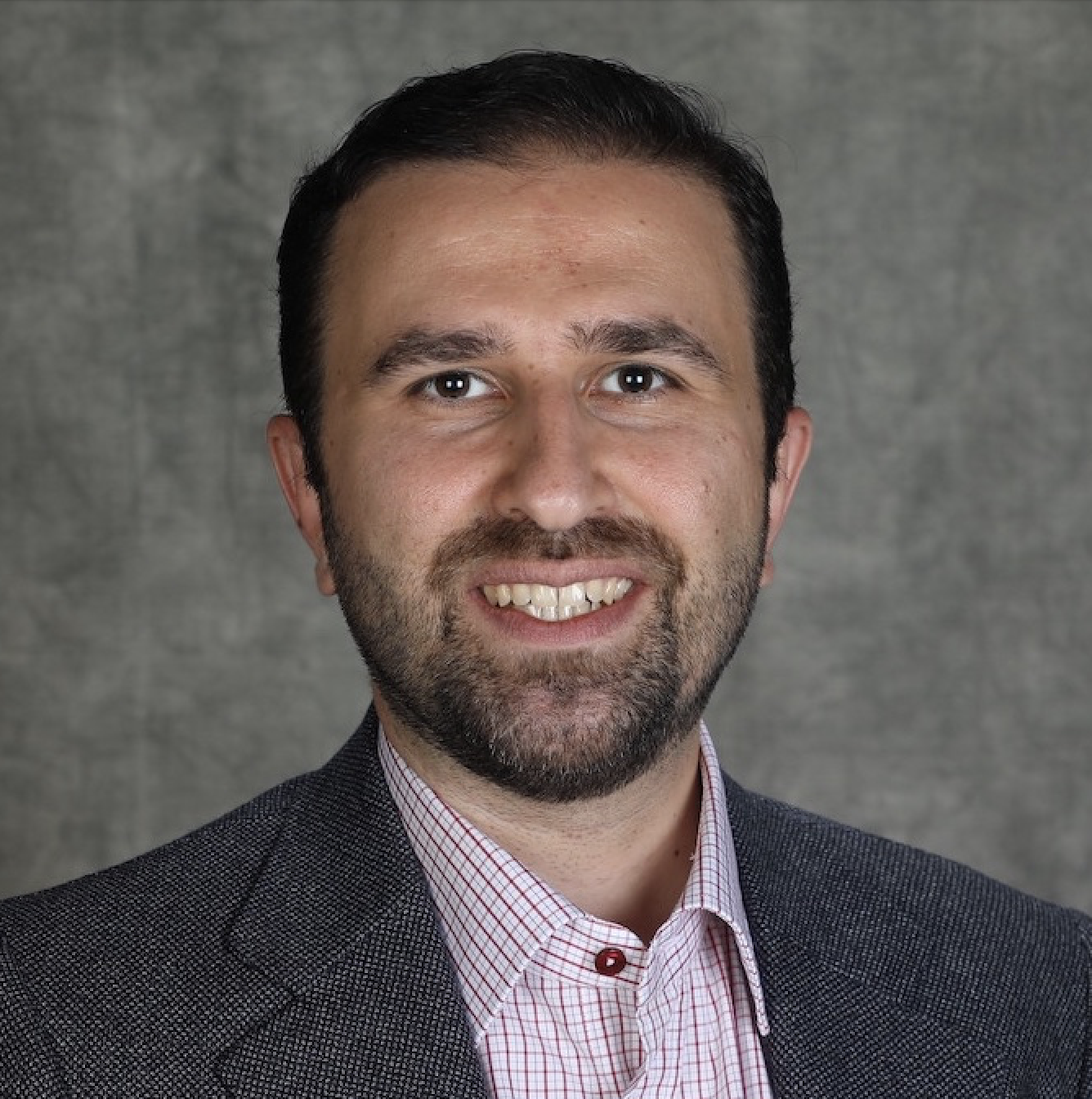False Information about AI: Did Pope Francis Really Endorse AI as a Divine Channel?
False Information about AI: Did Pope Francis Really Endorse AI as a Divine Channel?
Amir Karami
Artificial Intelligence (AI) represents a groundbreaking technological advancement with the capacity to revolutionize industries, enhance daily life, and tackle intricate global challenges. Its transformative potential spans sectors such as healthcare [1], finance, transportation, and entertainment [2], where AI-driven automation, data analysis, and predictive capabilities are reshaping the way we work and live. AI applications, such as personalized healthcare diagnoses, autonomous vehicles, and intelligent virtual assistants [3], promise to improve efficiency, safety, and overall quality of life. Moreover, AI is a critical tool in addressing complex global issues, including climate change, by analyzing vast datasets and modeling potential solutions. However, this journey towards harnessing AI’s potential is accompanied by a pressing concern: the proliferation of false information generated by AI systems, such as fabricating references by ChatGPT [4].
—humans can also contribute to false information by misunderstanding or misrepresenting AI's capabilities and limitations—
While there is growing awareness about AI-generated false information, it is equally important to recognize that humans can also contribute to false information [5] by misunderstanding or misrepresenting AI’s capabilities and limitations. It is a multifaceted challenge that takes on different forms, spanning from exaggerated claims and false narratives to outright misconceptions. These forms of false information often serve to misrepresent the actual capabilities and limitations of AI technologies, creating a significant divergence between public perception and reality. Exaggerated claims and false narratives can fuel unrealistic expectations, while misconceptions stemming from a lack of understanding can perpetuate unfounded fears or misguided beliefs about AI.
False Information about AI
Different fact-check websites reported false information about AI, such as a fictitious tweet falsely claiming that Pope Francis implied that recent technological advancements serve as a means of communicating to God [6]. The false information can be assigned into two categories: (1) technical and (2) societal. The first category represents false information of AI Applications and Advancements includes the tangible utilization, progress, and practical applications of AI. This domain encapsulates reports, breakthroughs, and promotional endeavors related to AI technologies, products, and services, and their profound impact across a spectrum of industries and the fabric of our daily existence. It encompasses explorations into how AI is being deployed across diverse domains, spanning finance, investment, entertainment, legal proceedings, and beyond. Furthermore, this category encompasses declarations, endorsements, or promotional campaigns by individuals or organizations concerning AI-related tools, platforms, or technologies and their potential advantages or opportunities. One example in this category is using AI for a court decision involving a dispute between two parties over a contract [7].
 The second category delves into the complex landscape of societal implications arising from the rapid advancement of AI technologies. This category considers the multifaceted ethical dilemmas and societal challenges posed by AI, including issues related to bias and fairness, privacy and surveillance, job displacement, AI’s impact on human rights, and the potential for misuse. We scrutinize the responsibilities of developers, policymakers, and society as a whole in addressing these concerns and emphasize the importance of ethical AI development practices, regulations, and responsible AI deployment to mitigate adverse consequences and foster positive societal impacts. For example, false information on AI harming individuals raises significant ethical and societal concerns regarding the safety and control of AI systems [8].
The second category delves into the complex landscape of societal implications arising from the rapid advancement of AI technologies. This category considers the multifaceted ethical dilemmas and societal challenges posed by AI, including issues related to bias and fairness, privacy and surveillance, job displacement, AI’s impact on human rights, and the potential for misuse. We scrutinize the responsibilities of developers, policymakers, and society as a whole in addressing these concerns and emphasize the importance of ethical AI development practices, regulations, and responsible AI deployment to mitigate adverse consequences and foster positive societal impacts. For example, false information on AI harming individuals raises significant ethical and societal concerns regarding the safety and control of AI systems [8].
Possible Consequences
False information about AI can have far-reaching and detrimental consequences across various sectors. In the realm of technology, these consequences can include skewed public perceptions of AI capabilities and limitations, potentially leading to unrealistic expectations. This misalignment between perception and reality can hinder the responsible adoption of AI in industries such as healthcare (e.g., distrust in AI-driven diagnostic tools) and finance (e.g., uninformed investments). Additionally, false information can fuel concerns about AI-related job displacement, creating fear and resistance to AI technologies.
In the context of ethics and society, false information can contribute to a lack of awareness about the ethical implications of AI, such as bias and discrimination in algorithms. This can result in AI systems perpetuating societal inequalities and injustices. false information also undermines trust in AI technologies, making it challenging to garner public support for beneficial AI applications. Furthermore, in areas like governance and policy-making, false information can lead to poorly informed decisions that have long-term consequences for AI regulation and oversight.
Conclusion
False information about AI generated presents a considerable challenge with profound implications for society. When individuals, whether unintentionally or deliberately, misrepresent the capabilities or risks of AI technologies, it can lead to misguided decisions, unwarranted fears, and hindered progress. Inaccurate portrayals of AI can stifle innovation, deter investment, and prevent the effective utilization of AI solutions in various domains. Moreover, such false information can hinder public trust in AI, making it difficult to implement AI-driven systems in critical areas like healthcare, transportation, and cybersecurity. In the long run, this can impede societal progress and deprive us of the many benefits AI has to offer.
References
- Abrams, Z. (2021, November 1). The promise and challenges of AI. Monitor on Psychology, 52(8). https://www.apa.org/monitor/2021/11/cover-artificial-intelligence
- West, D. M., & Allen, J. R. (2018). How artificial intelligence is transforming the world. Report. April, 24, 2018.
- IBM. (n.d.). What is Artificial Intelligence (AI) ? | IBM. Retrieved October 16, 2023, from https://www.ibm.com/topics/artificial-intelligence
- Weise, K., & Metz, C. (2023, May 1). When A.I. Chatbots Hallucinate. The New York Times. https://www.nytimes.com/2023/05/01/business/ai-chatbots-hallucination.html
- Hyman, I. (2019). Can We Stop the Spread of Misinformation? | Psychology Today. https://www.psychologytoday.com/us/blog/mental-mishaps/201907/can-we-stop-the-spread-misinformation
- Reuters Fact Check. (2023). Fact Check-Screenshot showing Telegraph tweet on Pope Francis and AI is fabricated. Reuters. https://www.reuters.com/article/factcheck-ai-pope-idUSL1N36711K
- Zaman, H. uz. (2023). Pakistani court did not use ChatGPT-4 to decide a legal case. Soch Fact Check. https://www.sochfactcheck.com/pakistan-court-mandi-bahauddin-did-not-use-chatgpt-4-to-decide-a-legal-case/
- Hudnall, H. (2023). Air Force says AI drone wasn’t used in real simulation | Fact check. https://www.usatoday.com/story/news/factcheck/2023/06/12/ai-drone-killed-operator-in-hypothetical-test-not-simulation-fact-check-air-force-says-ai-drone-was/70307450007/
Cite this article in APA as: Karami, A. False information about AI: Did Pope Francis really endorse AI as a divine channel? (2023, October 19). Information Matters, Vol. 3, Issue 10. https://informationmatters.org/2023/10/false-information-about-ai-did-pope-francis-really-endorse-ai-as-a-divine-channel/
Author
-

Dr. Karami is an Associate Professor of Quantitative Methods/Business Analytics in the Department of Management, Information Systems & Quantitative Methods in the Collat School of Business at the University of Alabama at Birmingham (UAB). Before joining UAB, he served as an Associate Professor in the School of Information Science (School) at the University of South Carolina (UofSC). He was also the Associate Dean for Research in the College of Information and Communications, a Faculty Associate in the South Carolina SmartState Center for Healthcare Quality (CHQ) at the UofSC Arnold School of Public Health, and Social Media Core Director in the UofSC Big Data Health Science Center (BDHSC).
View all posts






